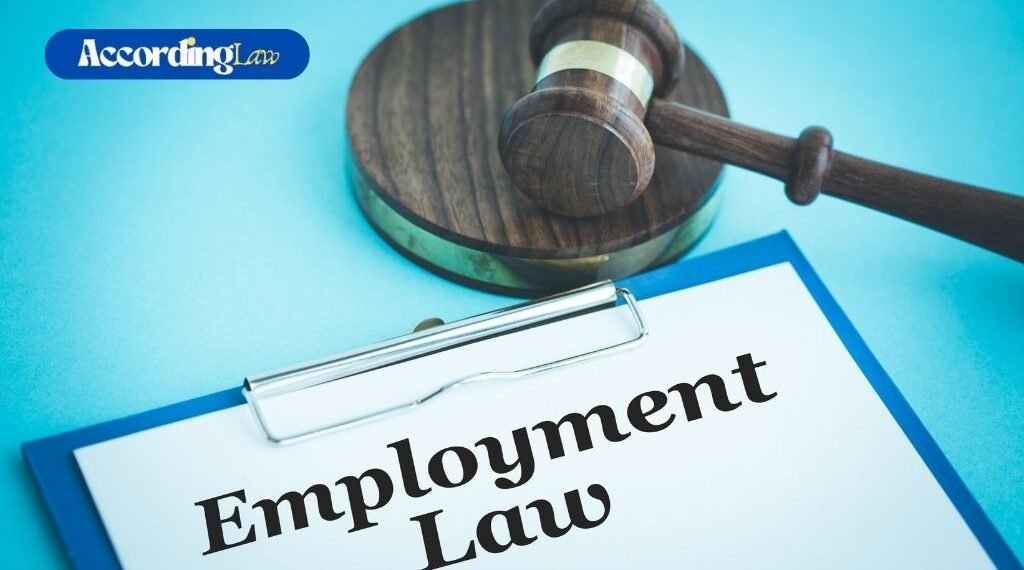The Working Environment Has Changed Drastically. What began as a merely temporary measure during the pandemic has transformed into a lasting way of life for many companies right here in Minneapolis and all across the United States. This kind of flexibility is beneficial to all, but it is also giving rise to a fresh set of legal issues, especially concerning the extent to which an employer can oversee their teams once they step outside the premises of the office. Knowing these ever-changing rules is a must for both the employer and the employee to know their rights and responsibilities.
Table of Contents
A Probing Eye Over Your Team? What the Law Says
The law has always given businesses the right to monitor their operations. There is a thin line between phone tapping, tracking emails on company devices, and CCTV usage in a traditional office. But if employees are working from home, the line gets a bit hazy. Just because someone is using his internet or is settling down in his living room to work, does not mean a company should lose all rights of oversight. Yet, such supervisory practices must respect privacy restrictions and must be reasonable and transparent.
Transparency is Key When Monitoring Remote Workers
Chief among principles about employee monitoring is that of transparency. An employer must let the employee know if he or she is being observed. This includes, but is not limited to, disclosure of any software for keystroke or login time monitoring, and for monitoring by video or audio means through company-issued equipment. Often, all that is required is a clear written policy regarding these practices, which is straightforward, specific in detail, and is signed by every employee. An Able Law Firm Minneapolis would be of great assistance for any company looking to write such policies in compliance with all state and federal requirements.
Monitoring Needs a Real Business Reason
Somebody in a company could say, “We have a remote monitoring policy,” as a justification to monitor remote workers, but it should truly arise from a business need. This may include ensuring that sensitive customer information is safe or that employees are safe in complying with off-site work procedures. However, random or excessive monitoring unconnected to the achievement of a well-explained goal could be legally difficult and would make a mess of morale. A company has to strike a balance between ensuring productivity and respecting privacy.
Personal Devices and Company Rules
It becomes all the more complex when employees work using their devices. If someone checks work emails on their phone or hops on a Zoom meeting from their laptop, can the employer still watch that activity? It depends on what has been agreed to between the parties prior. If the employee is using company software or a network, some degree of monitoring may be acceptable. But employers risk it if they assume that they have full access to a personal device without a clear, signed consent. Experienced Minneapolis Employment Attorneys can advise companies on how this should be tackled in company contracts and employee handbooks.
Best Practices for Watching Over Remote Work
Most of the legal troubles about monitoring stem from a lack of communication and the absence of policies. Employers should ensure they have written policies stating what is being monitored and why it needs to be observed, and how the data collected will be used. This will not only keep the employer shielded from legal challenges but also will generate trust amongst the employees. Remote work needs to establish mutual respect. The ones upfront about it have fewer conflicts and better engagement across the board.
The Legal Dangers of Going Too Far
Anything outside the realm of decent monitoring is a potential legal minefield. Employees might cry invasion of privacy or creation of a hostile work environment. Sometimes employees could even end up suing the company for unfair treatment. This is why it is really important that a company consults the law firm in Minneapolis that is cognizant of current employment trends and helps avoid costly mistakes.
The Watchful Axis of Legal Advice in the Hybrid Workforce of Today
Since the changing work types, more need for legal advice has come about. From drafting remote work policies to reviewing the implementation of tracking software, legal eyes ensure compliance with the companies and the protection of the employees. Avisen Legal provides strategic guidance to employers seeking to navigate the often treacherous waters of remote monitoring. With a thorough understanding of Minnesota employment law, the firm assists clients in finding the delicate balance between accountability and privacy.
Employee Rights Versus Protection of the Business
A company can expect, under all justifications, its employees to work during the designated hours and do so responsibly with the tools put at their disposal. Concurrently, an employee is entitled to know whether or when they are being observed. An environment that will encourage openness and fairness will do a great deal to reduce misunderstandings and enhance mutual trust between both parties. If an employer is reasonable and communicates with intent, there is a greater chance that such remote work policies will work to the advantage of all in the long term.
Crafting Better Remote Work Policies
The future good companies will be those that think ahead as remote work gains popularity. The recipe for success includes smart policies, legal compliance, and straightforward communication. Working with/complementing an Employment Attorney Minneapolis will provide beneficial policies for all. Both by staying informed and remaining on the offensive, employers can help protect an efficient remote work environment while sidestepping needless legal hazards.


